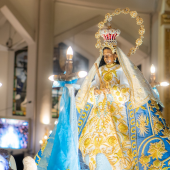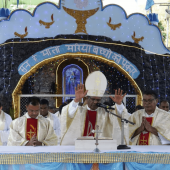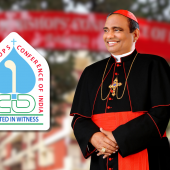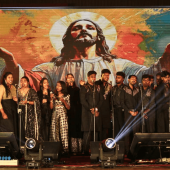Philippines: Bishop Alberto Uy Named New Archbishop of Cebu
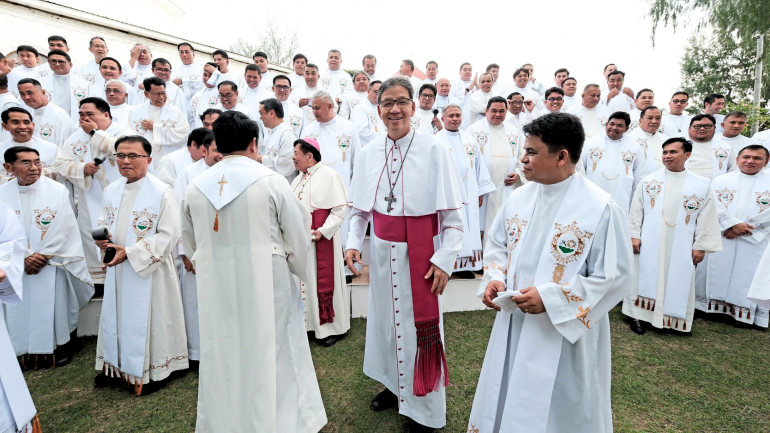
Pope Leo XIV has appointed Bishop Alberto Uy as the new Archbishop of Cebu, one of the most prominent archdioceses in the Philippines.
The announcement was made public on July 16, 2025. Uy succeeds Archbishop Jose Palma, who has retired after 14 years of shepherding the archdiocese.
In a brief message, Archbishop-designate Uy asked the faithful, “Please offer prayers for me,” as he prepares for his new role. In a separate diocesan statement, he acknowledged the challenges ahead and humbly requested “fervent prayers” from the community.
“Leading an archdiocese as vibrant and significant as Cebu is not an easy task; it comes with immense responsibilities and challenges,” Uy stated.
As a metropolitan archbishop, Uy will oversee the Archdiocese of Cebu and coordinate pastoral efforts with its four suffragan dioceses: Dumaguete, Maasin, Tagbilaran, and Talibon.
The Archdiocese of Cebu is the cradle of Christianity in the Philippines. It traces its origins to 1521, when Portuguese explorer Ferdinand Magellan arrived on the island and introduced the Catholic faith, marked by the first baptism and the gift of the Santo Niño image to local rulers.
Cebu became a diocese on August 14, 1595, by a papal bull issued by Pope Clement VIII, making it one of the earliest dioceses in Asia. It originally covered a vast territory, including Mindanao and other southern islands. Over time, as the Catholic Church expanded in the Philippines, several dioceses were carved out of Cebu’s jurisdiction.
On April 28, 1934, the diocese was elevated to a metropolitan archdiocese by Pope Pius XI, with Cebu as its center.
Today, the Archdiocese of Cebu remains a vibrant and influential center of faith in the country, home to the Basilica Minore del Santo Niño and the globally known Sinulog Festival, both bearing witness to the deep devotion of Cebuans and the enduring legacy of the Catholic faith in the region.
Radio Veritas Asia (RVA), a media platform of the Catholic Church, aims to share Christ. RVA started in 1969 as a continental Catholic radio station to serve Asian countries in their respective local language, thus earning the tag “the Voice of Asian Christianity.” Responding to the emerging context, RVA embraced media platforms to connect with the global Asian audience via its 21 language websites and various social media platforms.










